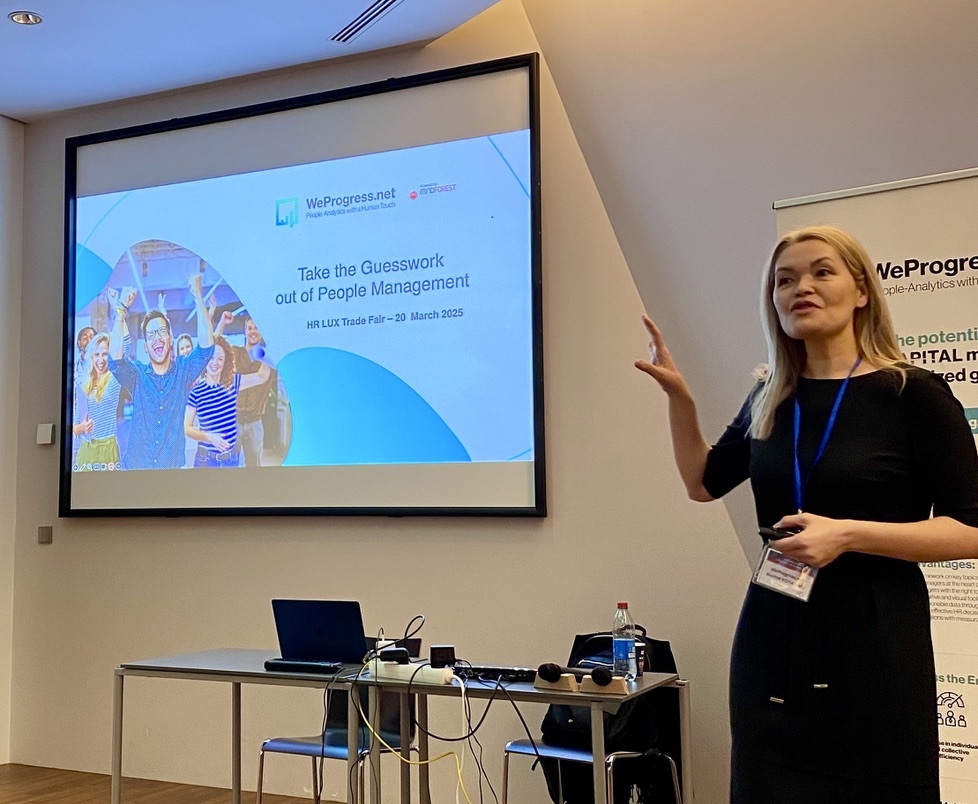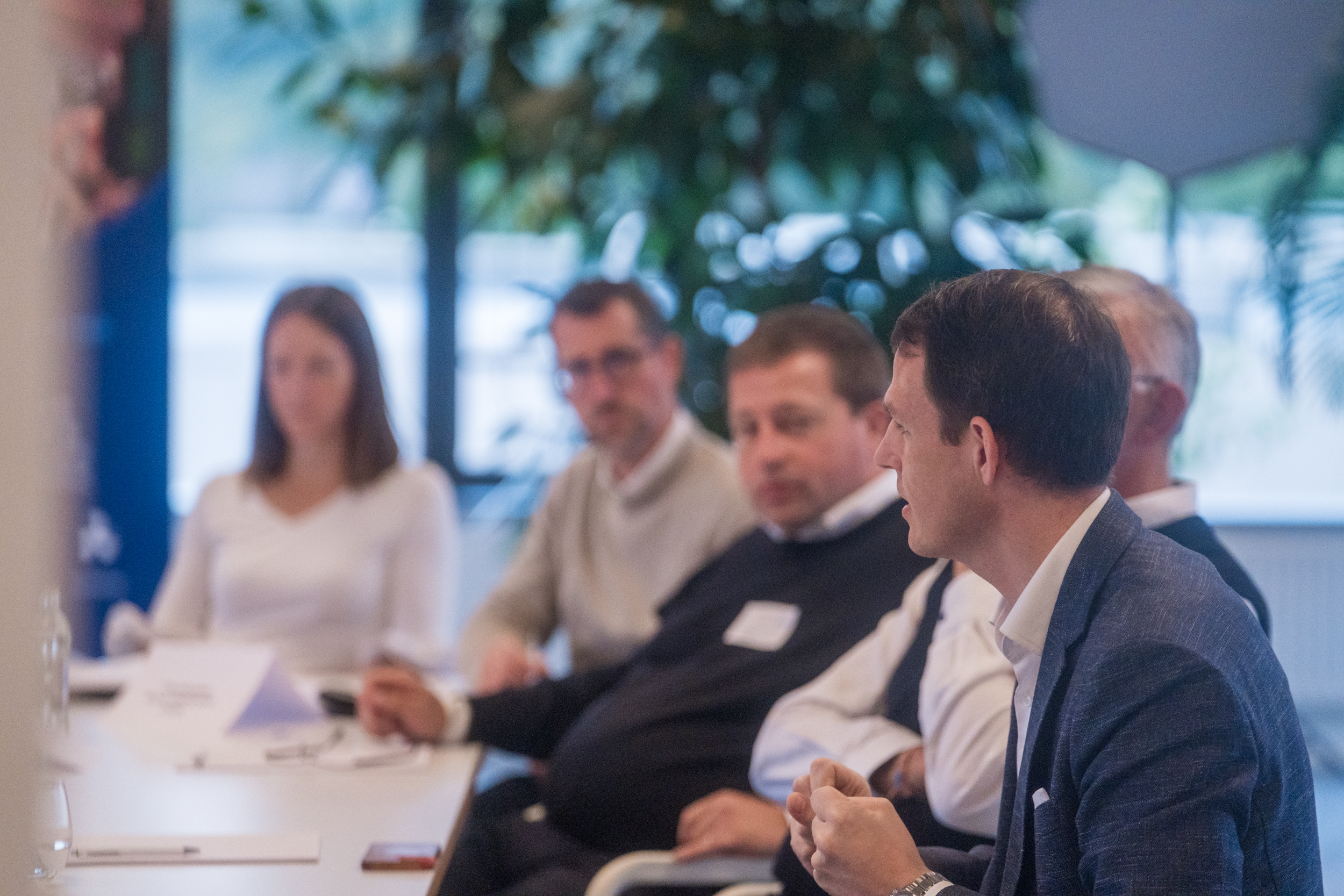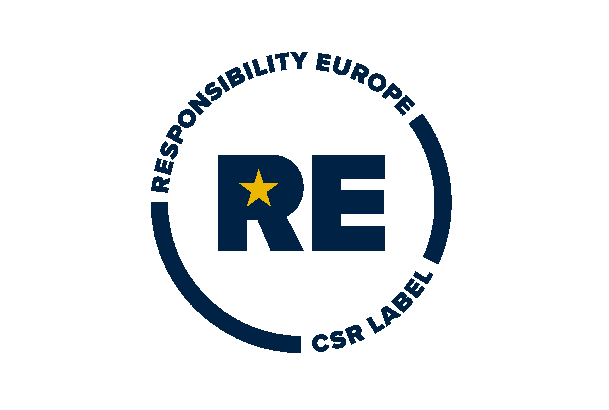A Graduate in International Business’ view on Sustainability
“Sustainability in general is about breaking habits and getting out of our comfort zone”
says Amanda Biver, recent graduate in International Business with a focus on sustainability at The Hague University of Applied Sciences. MindForest recently sat down together with her to learn more about how the academic approach to sustainability and business is put together, what the newest trends are and above all, how to combine business objectives with sustainability.How is sustainability in business presented from an academic point of view?
In an academic setting the focus is obviously on theories such as:
- Cradle to Cradle,
- the Doughnut Economy,
- Circular Economy etc.
The biggest question is how to apply this in the heart of politics and business and whether it is realistic? It is a difficult and complex question, as it is about reshaping the entire economy and society and making everybody go the extra mile in all we say, do and buy.
First and foremost, it is about reshaping and changing people’s mindsets. We have all heard about the loss of biodiversity, climate change etc. Red lamps should go on in everyone’s mind, but it still doesn’t resonate with everyone. Here education is vital and explains why academic studies and findings are key to provoking and promoting sustainability. People need to become more informed and understand the potential consequences of our actions.
Today we have come into a vicious circle, where despite quite a lot of education around the topic, the situation is still going down-hill. Government blames individuals and individuals blame the government. The truth is, that we all together have to work on finding alternative solutions.
It is about making conscious choices, asking both in business and private if a purchase is really necessary and living by the motto “less is more”.
How do you see sustainability and business being linked in the future?
This should shine through both the external branding and internal culture.
Patagonia is a great leading example of a company that is sustainable for a higher purpose, namely to protect the environment first and thereafter only to make profit. Tony’s Chocolonely is another example of a company with a higher purpose, namely to be 100% free of modern slavery. We all, whether it be the government, companies or individuals, need to get to the root of the problems instead of only looking at the symptoms. All businesses are so much more than the one product they sell/buy/produce. They have to review their entire supply chain and make the right choices. It might not pay off immediately, but sustainability is about a long-term vision.How can we as individuals help make the change towards more sustainable businesses?
We all have a voice and we all have more power than we think. It is called the COST OF OPPORTUNITY.
It starts with small steps and daring to do things differently – speaking up, making the right choices and taking action. Outside of companies, we as consumers can have an impact. Businesses give us a choice, but we make the choice of what we buy. We can inform ourselves, give up on unsustainable options and if necessary go down the less paved road to set an example. I don’t want to judge if eating meat is good or bad, yet if it wasn’t for the vegans to pave the road for a different way of living, we would probably not have had the wave of “meat-free Mondays”, etc. It is a battle step by step, which cannot be won in one day.
By individually and as a community speaking up, we put pressure on governments to also rethink their strategies and consider whether they subsidise the right things. Here the state can also implement laws and regulations to support a more sustainable future.
Internally in companies, employees also have a say and have the power to change things. They can put pressure on management to make the company more sustainable and a better place to work. In the long run, companies cannot afford a bad reputation among employees, as it leads to a higher staff turnover which in turn makes the (employer) branding of the company suffer.
CSR labels and certifications are often criticised for being window-dressing or green-washing. What do think-leaders do to combat this? And can it at all be avoided?
It is a really complex issue, as one has to start somewhere and labels and certifications do provide some kind of foundation for sustainability initiatives. I have to repeat that what is important is that a company takes sustainable actions for the right reasons and not only for marketing purposes. Here it is up to individuals to carry out their due diligence and use their purchase power to pave the way for sustainable businesses based on their convictions.
Do what you say you do. We have all heard of the revelations about BP some years ago. It was a massive blow-out and basically eradicated the business. If such cases are highlighted more often, this will have a true impact, as businesses will have to take more care or run the risk of incurring a similar long-term fatal impact.
Effective marketing can of course cover up for some time but green-washing is a risky business and costs more long-term. Such marketing stunts only have short-term gain, especially today as thanks to the internet it is easier for anyone to conduct in-depth research and due diligence on company or government behaviour.
Labels and certifications should only be given to companies that truly deserve them, stronger controls might be necessary.
About the fatal case of BP and the fact that labels should only be given to companies that truly deserve them. Can you give an example here?
It is important that sustainable impact is measured. This also helps to avoid green-washing initiatives and makes businesses realise the real added value behind the concept. We tend to take all things free for granted, and in a way until now our planet and our natural resources were “for free”. This is changing and we have to think of balancing out the give and take.
Here PUMA has taken an interesting approach. They developed their own environmental profit and loss account calculation: if the planet should have been compensated for PUMA’s impact, then alone in 2018 the company should have paid around 585 million Euros!
This is truly thought-provoking and also constitutes a good example of showcasing what sustainability is about. We all need to actively think about what the planet offers and handle it with care!
That is impressive and such calculations are real eye-openers. So measurable methods and changing the people’s mindsets collectively through education and daring to get out of the comfort-zone is the way forward. Do you have a last comment?
I do not think that there is such a thing as something without a consequence! Every action has a consequence and people forget this because they don’t feel and see an immediate reaction.
Some specific people need to put in more work to make sustainability mainstream. It might temporarily hurt to get out of their comfort-zone and change everyone’s habits – but we have to bear in mind that it is for a long-term change towards a sustainable way of living for all of us – especially for future generations.
There is hope. We have to first think about it, talk about it. And then take action – one step at a time.
Amanda Biver was convinced that after having followed the general internal business courses with an overall program on ethics and sustainability, it was imperative to dig deeper into sustainable business politics and economics.
Everything is linked and is supposed to go together: people, planet and profit.
Let us help you
Photo by Noah Buscher on Unsplash
WANT TO RECEIVE OUR LATEST THOUGHT LEADERSHIP CONTENT?
Related posts
 Take the Guesswork out of People Management
Take the Guesswork out of People Management
 From processes to people: achieving quality
From processes to people: achieving quality
 Daring to lead Positive Transformation: What if Positive Emotional Capital was your key to sustainable change?
Daring to lead Positive Transformation: What if Positive Emotional Capital was your key to sustainable change?
 Why hire Change management professionals? We can do it alone!
Why hire Change management professionals? We can do it alone!
 Digital Transformation and Change Management: Lessons shared in an event hosted by Cebi and MindForest
Digital Transformation and Change Management: Lessons shared in an event hosted by Cebi and MindForest




